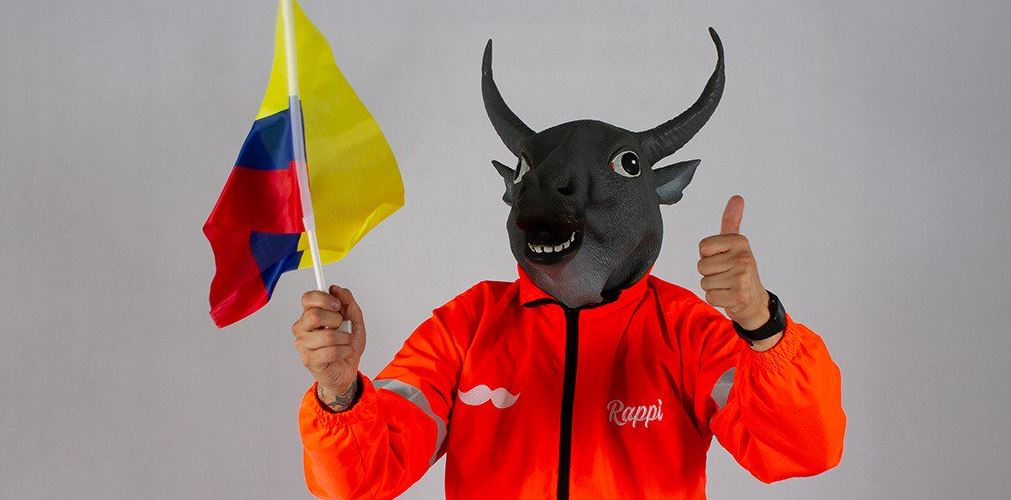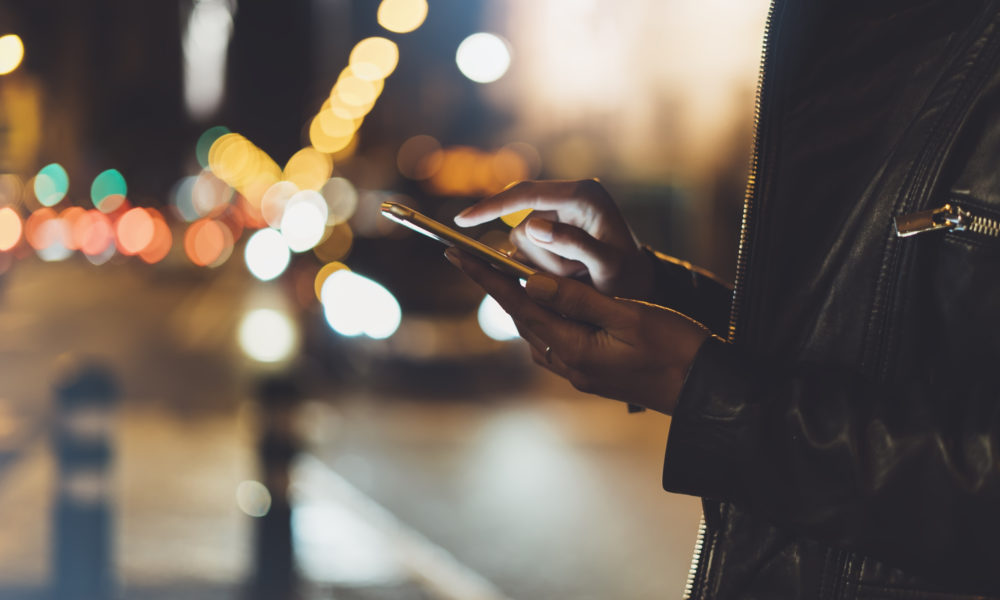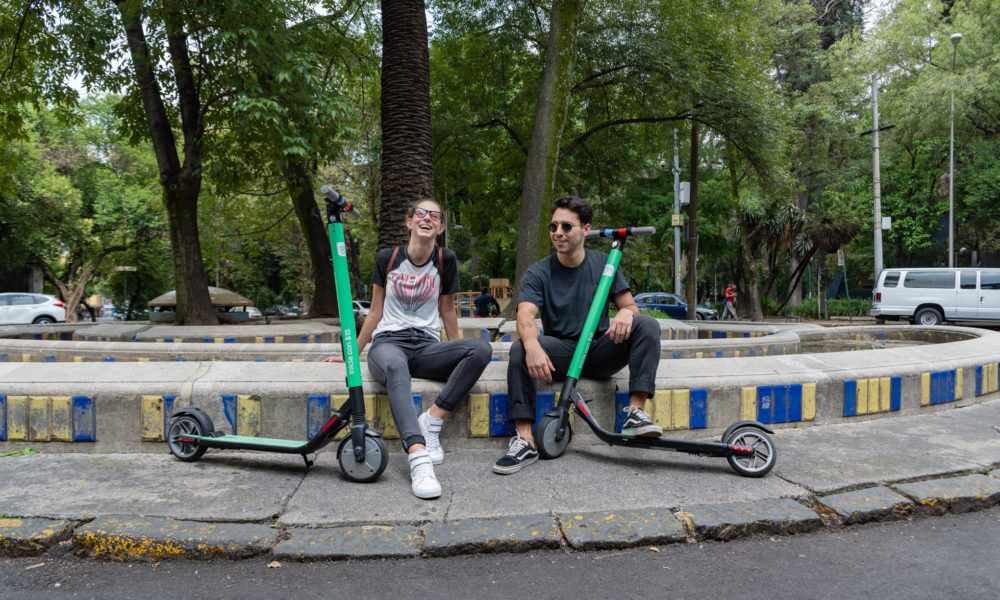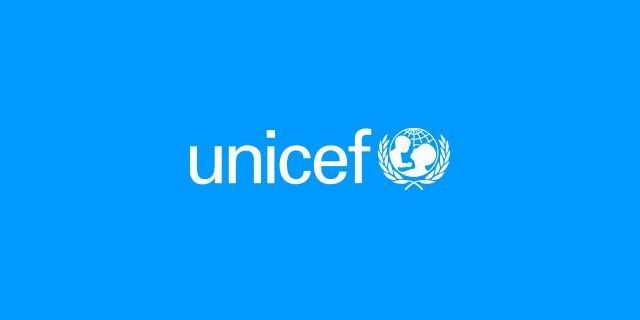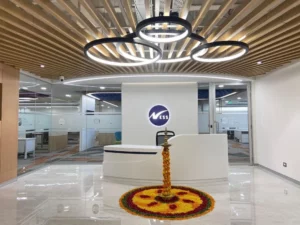Colombian-born Rappi has just become the most recent member of the exclusive club of Latin American ‘unicorn’ startups, joining the likes of Mercado Libre, Globant and online travel agent Despegar.com.
With large contributions from VC firms DST Global, Andreessen Horowitz and Sequoia, Rappi finished a final funding round at the end of this September, meaning the on-demand delivery startup is now worth over a billion US dollars.
Launched in 2015 by experienced entrepreneurs Simón Borrero, Sebastian Mejia and Felipe Villamarin, the service started off delivering just drinks, but quickly transformed itself into the app that delivers everything. Given that this was not their first business venture, the Colombian entrepreneurs applied the knowledge they had garnered from previous startups and kick-started Rappi.
Thanks to initial Silicon Valley investment and acceleration from Y Combinator, its road to success was made easy and Rappi now operates in Colombia, Mexico, Argentina and Brazil.
From supermarket shopping, restaurant deliveries, to a self-titled “everything” section, the app will ensure that your chosen product, meal or beverage will arrive to your front door in around half an hour, often offering to refund part or all of the purchase if delivery is delayed.
With delivery charges so cheap – at just over US $1 – and the timeframe tight, the startup exclusively uses motorbikes and bicycles to deliver customers their goods in cities that are often chock-a-block with traffic jams.
One difficulty that the startup did come across, however, was the abundance of similar services in the market. In Latin America, home delivery of just about any good is very commonplace, much more so than in continents such as Europe, for example. Rappi’s way around this obstacle, therefore, was to focus on growing as fast as possible.
Fast growth for Rappi meant having the most up-to-date technology, services and new products. After all, the app is one of the many advantages the company has over many other home delivery services. The ability to trace and contact your Rappi driver, for example, is an important feature that sets it apart from competitors.
The startup’s weekly goals, as opposed to monthly or yearly targets, are what its founders hope will continue to differentiate themselves from platforms such as Uber Eats, which have subtly crept their way into the Latin American market. For now, however, they can rest assured that they have made history in becoming Colombia’s first ‘unicorn’ and continue to thrive in their newfound success.

